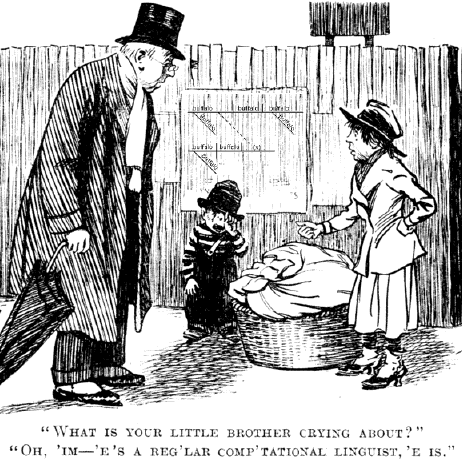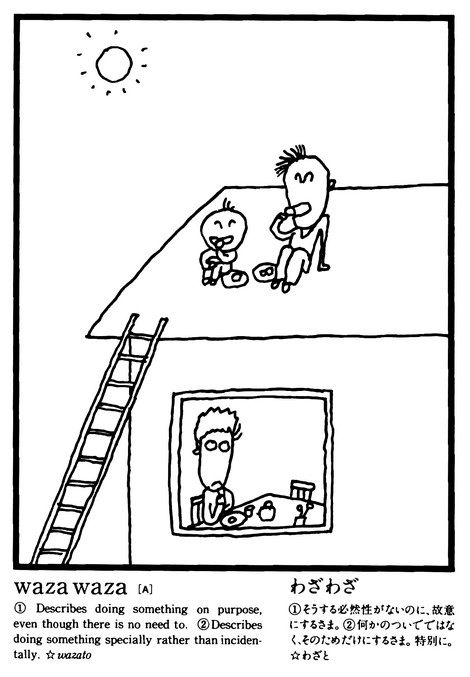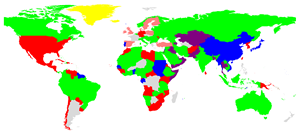Mourning ambiguity
From Phineas Q. Phlogiston, "Cartoon Theories of Linguistics, Part ж—The Trouble with NLP", Speculative Grammarian, CLIII(4), March 2008:

This is only the second cartoon about computational linguistics that I know of. The first one is also rather negative, but I guess that this is only to be expected from cartoonists, who are on the whole much more likely to criticize something than to praise it.
Read the rest of this entry »
Permalink Comments off



